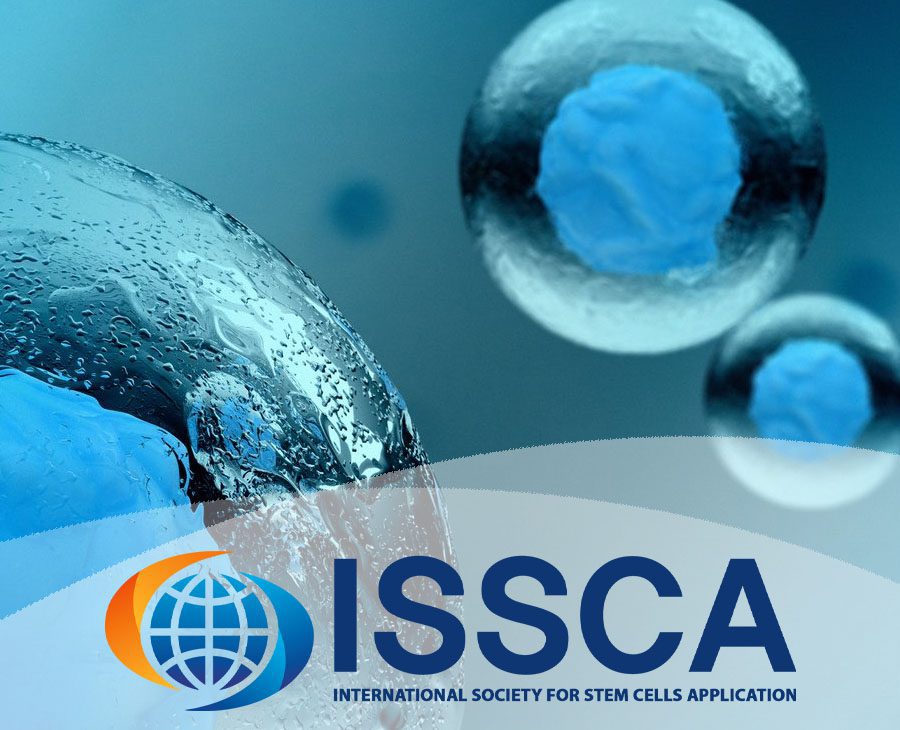CHAPTER 01: MEMBERS
I. Categories and qualifications of membership:
Fellow Member
Fellow members must hold an M.D., D.O., or Ph.D. degree and have demonstrated competence in the field of Regenerative Medicine, as determined by the ISSCA Board of Directors. It is essential for Fellow members to be board-certified by the International Society for Stem Cell Application (ISSCA) and in their primary specialty. Fellow members are entitled to membership benefits and full voting rights. Membership dues for Fellow members are determined by the Board of Directors.
Active Member
Active members must hold a D.P.M., Ph.D., D.O., or M.D. degree. Additionally, at least 10% of an Active member's practice must be devoted to Regenerative Medicine. Active members are entitled to full voting rights and membership benefits. The Board of Directors determines membership dues for active members. If an Active member has made extraordinary contributions to the field of Regenerative Medicine, they may petition the Board of Directors for Fellow member status. Active members in good standing with ISSCA are also eligible for Diplomat status.
Associate Member
Associate members shall hold PA, MA, LPN, RN, D.C., or non-Ph.D. science degrees and work in science fields or healthcare related to Regenerative Medicine. Associate members are entitled to membership benefits; however, they do not have eligibility for Diplomat status with the ISSCA nor voting rights. The Board of Directors also makes decisions regarding membership dues for associate members.
Corporate Member
Corporate membership is essential for any organization with products related to Regenerative Medicine. Corporate members do not have voting rights but are entitled to all membership benefits. The Board of Directors also decides on corporate membership dues. Corporate members must be in good standing with their respective Better Business Bureau. Additionally, they have the opportunity to advertise on the ISSCA website, at meetings, and in publications.


